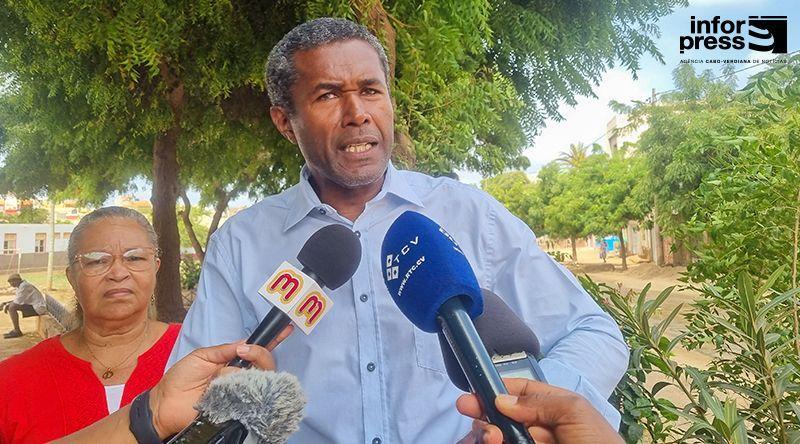Africa-Press – Cape verde. Cultural heritage professionals are gathering in Praia from today through Friday, the 5th, for a training session on climate and environmental risk assessment and management, promoted by the Cultural Heritage Institute (IPC).
The initiative is in partnership with the Spanish Cooperation Agency, through AECID, and is part of the ACERCA Program – Training for Development in the Cultural Sector.
In a press interview, IPC President Ana Samira Baessa emphasized that the training comes at a “particularly important time” for Cape Verde, marked by the Tarrafal concentration camp’s nomination dossier for UNESCO World Heritage status and the recent threats to the historic center of São Vicente.
“We want to equip technicians with tools that will allow them to minimize the irreversible impacts of climate change on heritage and strengthen resilience strategies,” she said.
During the five days of training, internationally recognized methodologies will be applied, with an emphasis on vulnerability analysis, prevention plans, and integrated risk management.
Baessa emphasized that more than 50 properties worldwide are currently on the list of heritage sites in danger, 12 of which are due to natural threats related to climate change.
For Cape Verde, she explained, the risks include heavy rainfall, flooding, disorganized land use, and overexploitation of resources.
Tarrafal will be the focus of the practical component, allowing trainees to review the diagnosis of the listed area and consolidate the risk management plan, a UNESCO requirement for designating sites as World Heritage sites.
Baessa also emphasized that the training aims to broaden the conservation perspective, including not only the architectural value, but also the communities, their uses, and the surrounding environment that can compromise the integrity of the sites.
“Our objective is to consolidate mitigation plans that involve different institutions and the population, ensuring the preservation of the exceptional universal value of Cape Verde’s heritage,” concluded Samira Baessa.
Following the courses on museum accessibility and underwater archaeology held in August, the next phase, scheduled for October, will focus on inventory and digitization of collections.
The Training in Cultural Heritage Management in the Context of Climate Change and Risks is the third in the training cycle held between late August and early September.
For More News And Analysis About Cape verde Follow Africa-Press






